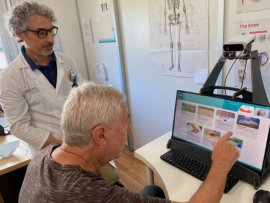Postdoctoral position / Senior Research Assistant at the Molecular Imaging for Precision Medicine Research Group

Application Deadline: 30/09/2021
Ref: PD_IM.1
The Molecular Imaging for Precision Medicine group at the Institute for Bioengineering of Catalonia (IBEC) is looking for a postdoctoral researcher or senior research assistant to work on the implementation of fast pulse sequences on a benchtop NMR spectrometer for 13C hyperpolarization-enhanced NMR experiments.
The contract will be within the framework of the EU FET Open project “Benchtop NMR spectrometer for lab-on-a-chip” (https://blocproject.eu), whose objective is the development of non-invasive assays based on hyperpolarized magnetic resonance (MR) to study real-time metabolism on tissue engineered organ-on-a-chip systems.



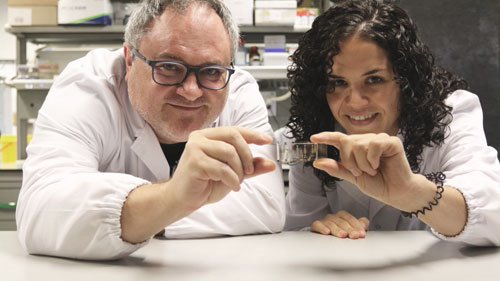
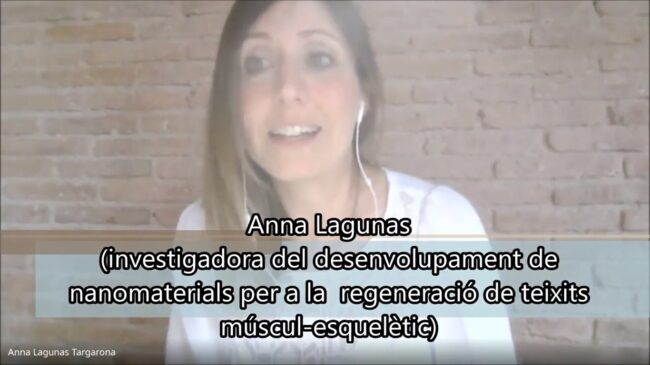
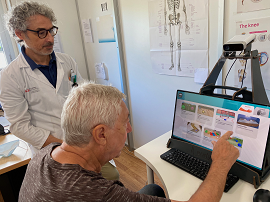
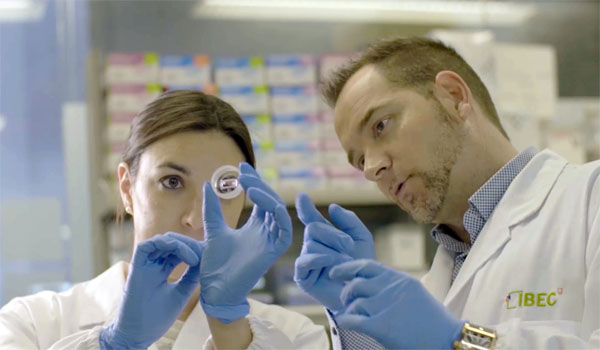


 Application Deadline: 12/09/2021
Application Deadline: 12/09/2021